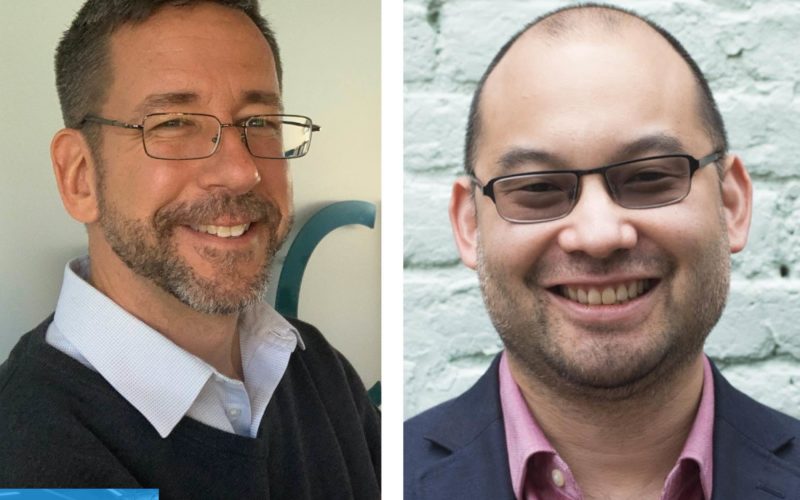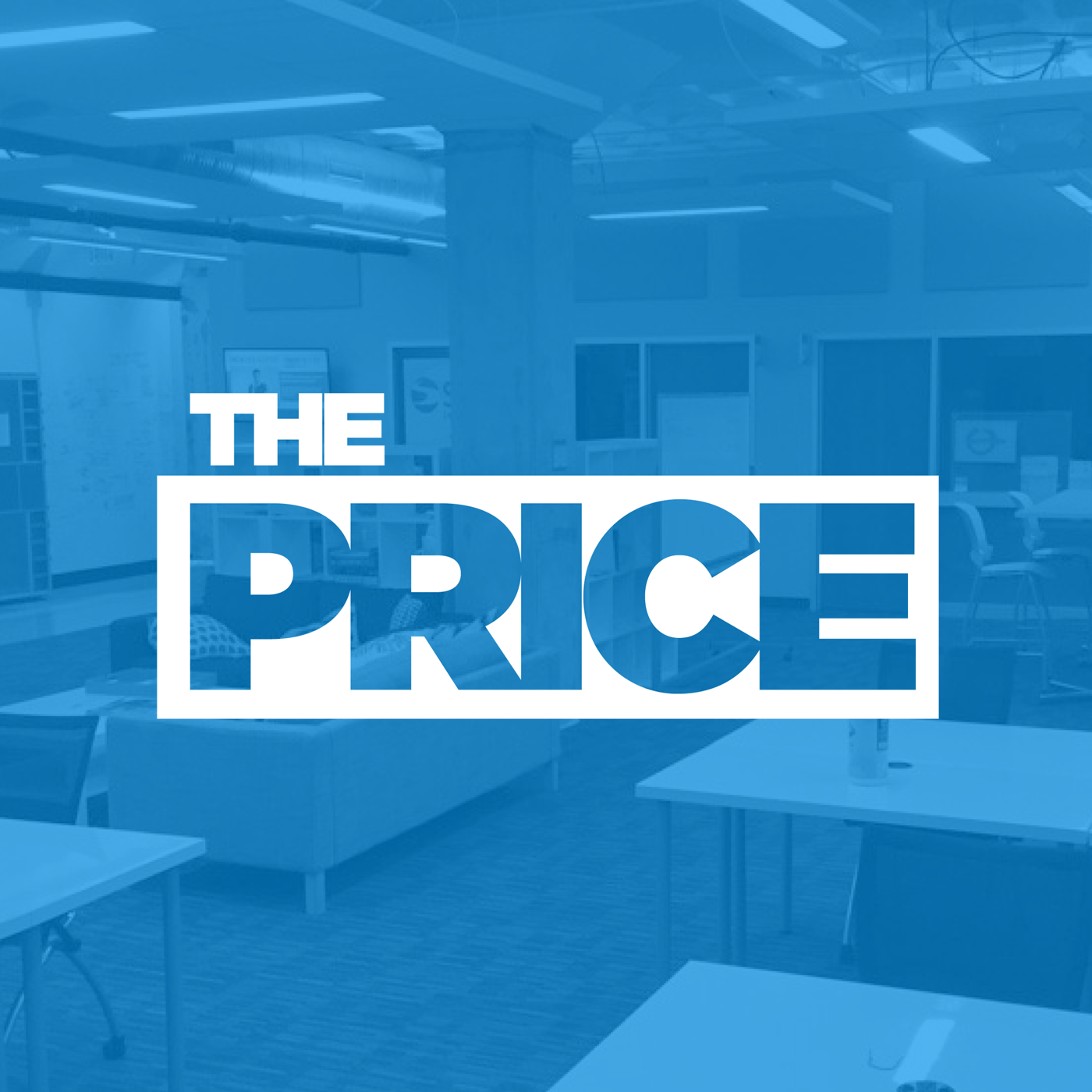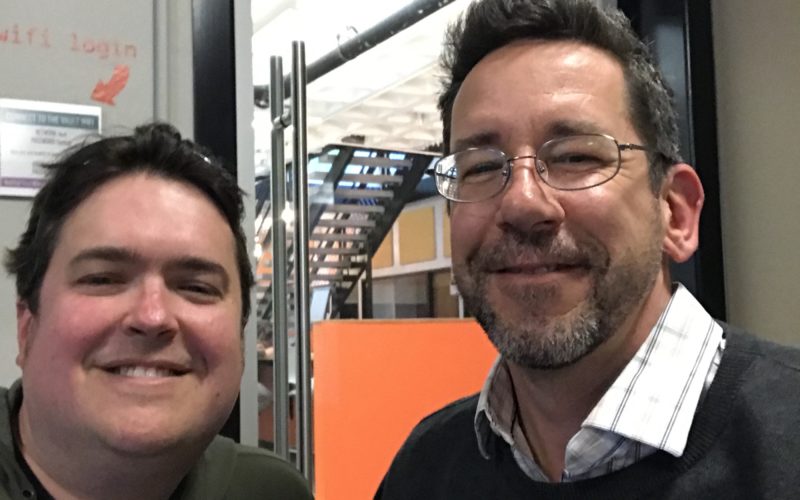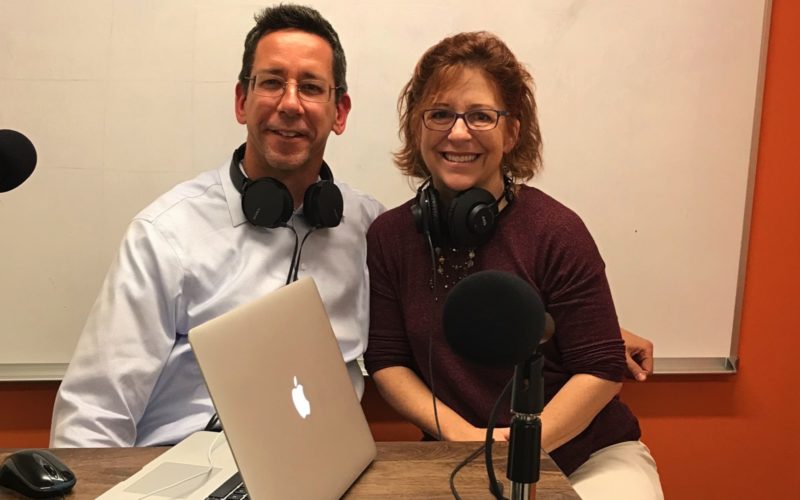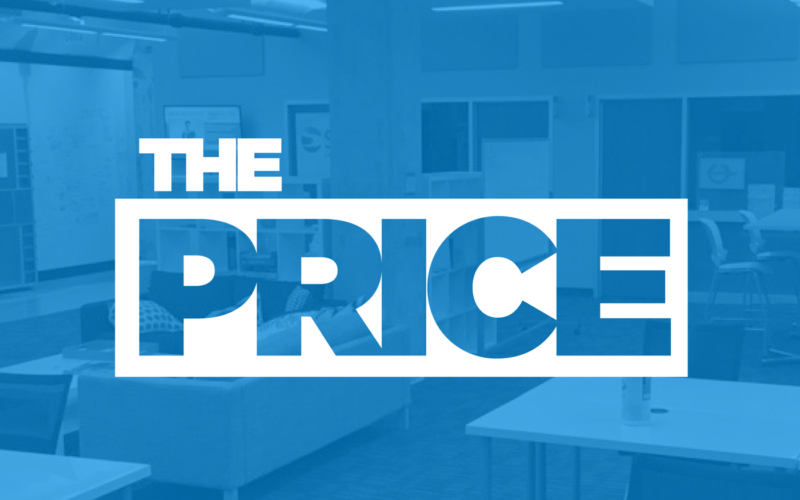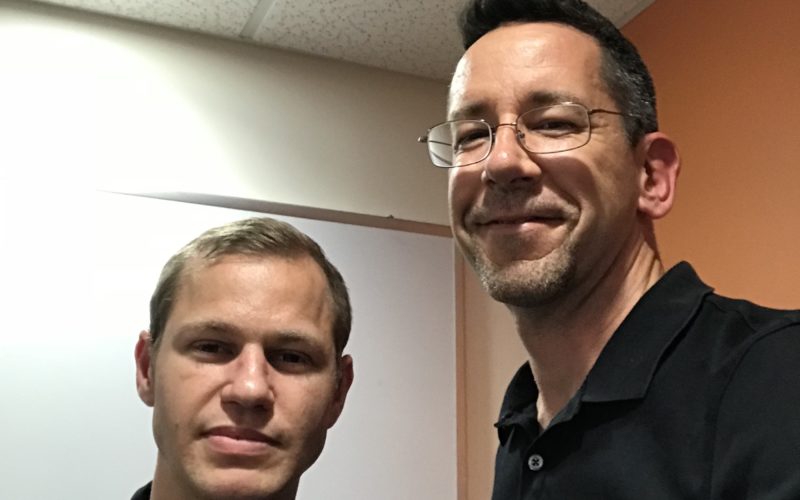Karly Pavlinac – CEO of WAAM – Creating Access to World’s Best Celebrity Trainers for $19 / month
Imagine getting to work out with trainers that train some of the most well-known athletes and performers in the world from the comfort of your own home for $19 a month. Karly Pavlinac is building a platform called WAAM that allows everyday people to subscribe to workouts conducted by the world’s best celebrity trainers. She has a growing list of users asking for access to her apps beta, an interface for her trainers to upload new classes as well as business model that is working and ½ million dollars in startup funding. But road has not been easy. From sleeping on a mattress in her parents living room, to having a substantial loan of money to fund the first version of her app stolen by a disreputable app development company, if there is one aspect of Karly’s story that stands out its perseverance. Check out Karly Pavlinac on The Price.
WAAM – https://waam.io


